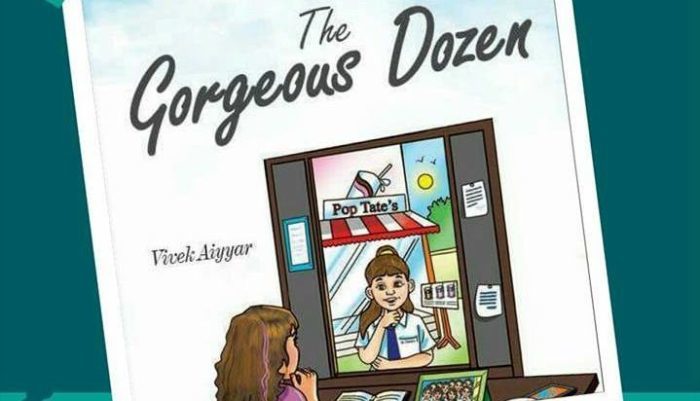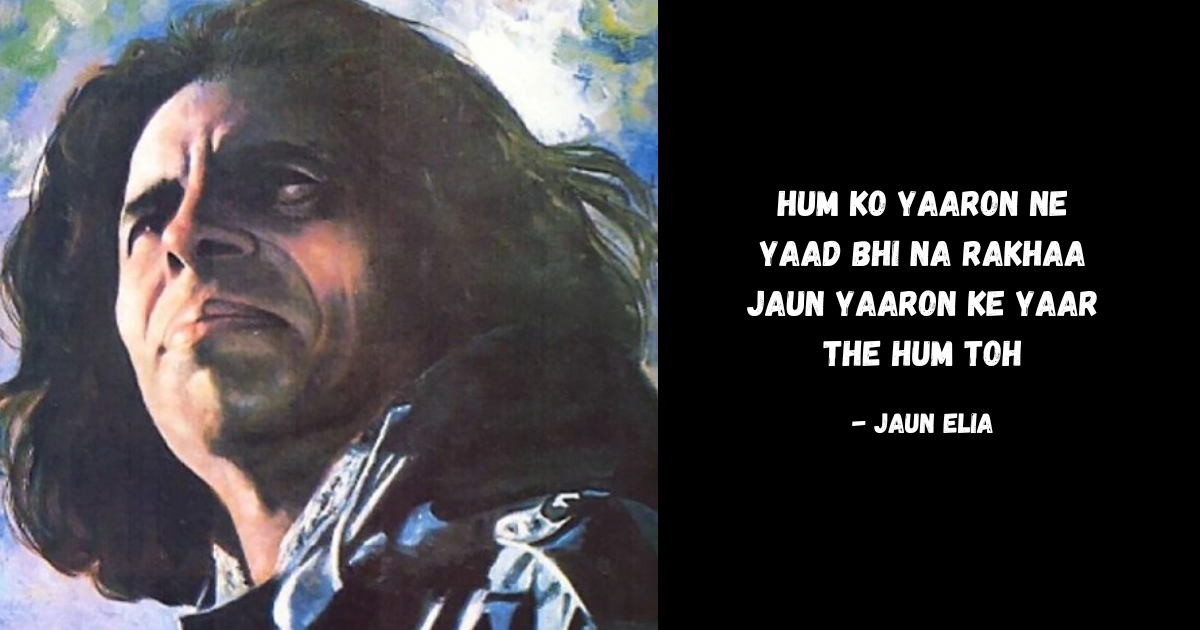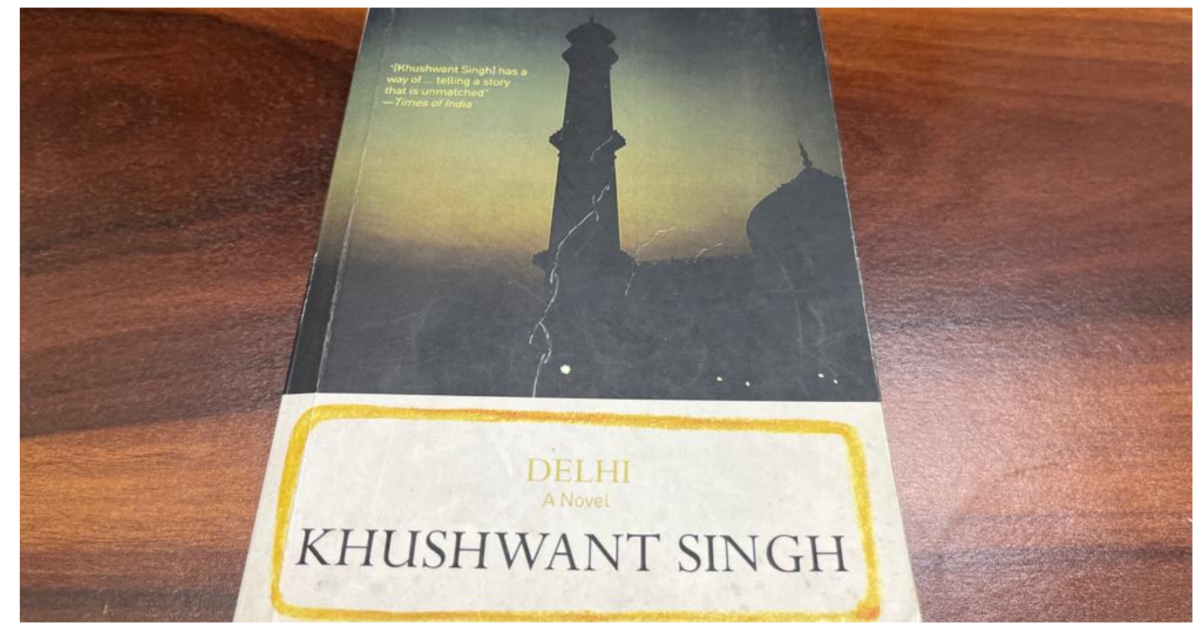A regular day job, managing family affairs and moonlighting as a writer. Pune-based engineer-writer Vivek Aiyyar has many facets. His hit novel, The Gorgeous Dozen, took almost 5 years to get published. Currently working on his second novel, he still considers himself a struggling writer. He shares his inspiring journey with Nishant Singh
- How and when did you first get the idea of writing a novel?
The idea of writing this novel came on a trip I took with my wife to Delhi in 2011. Apart from exploring a good part of both Old and New Delhi, we also made a trip to Meerut. My wife grew up in Sarojini Nagar and through the course of this trip she talked to me a lot about her childhood and the friends she had growing up. While I am in touch with few of my school friends via social media I don’t really know much about them apart from the updates they post. I carry pictures of them in my head as school kids and it was the curiosity of how it would be to interact with them as adults that triggered this novel.
- How many days did it take you to complete the novel?
The structure took about a week. After that I was done with the first draft of the novel in about two months. I set a target of writing a thousand words daily along with managing my day job. I made sure I took breaks from the writing process in order to retain the freshness and enthusiasm of the writing process.
- Having an engineering background what kind of challenges you had to face while writing the novel?
To me writing is a process of hypothesis, deduction and conclusion. However, the book I am currently writing is a lot different from my usual themes. It explores dreams from mythological and scientific perspectives. The first novel I wrote, Pralay, combines Vedic concepts with science fiction. I like leaving riddles and puzzles in the plot that weave together as the reader reaches the end of the book. I like to play around with time sequences as well.
Usually my plots run on emotions but sometimes I look at the story’s evolution, almost like a software developer would look towards programming. Unlike most people, I feel programming is a creative outlet. Writing to me is a form of experimentation and analysis. Many times, I end up writing pages only to then realise that what I am postulating violates the very construct of the novel as a whole. So I end up undoing pages and start the thread all over again.
That being said The Gorgeous Dozen is probably the most linear writing I have ever done.
- Have you become a full time writer?
No, I have still retained my day job as a consultant. Having a family to support means graduating to a full time author might take a while. Financial considerations apart, I doubt I will ever be a ‘full time writer’. Writing is a lonely road that one travels. Having a day job helps you get away from the process of thinking and forces you to interact with people. So you get exposed to new ideas and thoughts. I find that when I write on weeknights or weekends all the conversations I have had during the week usually play a part in the way the plot evolves.
- How difficult is it to find a publisher in India?
When I was writing my first novel I thought that writing and coming up with an end-to-end novel is the hardest part. But editing and publishing is harder. I had two fully completed novels in December 2012. And only one has been published till January 2017.
I had been pursuing publishers since 2007 when I was trying to publish a set of short stories. It’s a hard battle for first-time authors. While self-publishing has definitely been a game changer getting the right visibility for a new novel by an unknown author continues to be a big challenge.
I was lucky to find APK publishers who are based out of Pune. They encourage first-time authors to publish.
- What do you think about writing as a career in India?
To me the act of writing itself is a form of rebellion. Hence, when you walk a road which is untested and not mainstream there are bound to be challenges. I believe that having a day job adds to your mental stability and serves as an anchor to experiment with ideas. With the avenues now available in social media, self publishing etc. the opportunity to succeed for someone with a good novel has increased manifold. But marketing your book and making sure that the right people read it is purely subjective. There is no fixed route to success and there is no predictable time. Ninety-nine percent of the time it is a long process. It’s hard but you could find a way if it’s your calling.
I believe writing novels should be more of a ‘shadow’ career than a mainstream one. Of course, if you become highly successful with one of your novels (for example a screen adaptation), then it might be easier for you to pursue it singularly.
- Who is your favourite author and which is your favourite novel?
As a kid I used to read a lot of comics and it is something I have not let go off even now. My favourites include Alan Moore, Garth Ennis and Frank Miller.
In terms of novels I like to read the works of Stephen King, Neil Gaiman, Irvine Welsh and anything to do with science fiction and horror. My first novel ‘Pralay’ is heavily influenced by Gaiman.
Closer home I like to read novels by Khushwant Singh and Ruskin Bond.
My favourite novel is actually one written by actor Sylvester Stallone called Paradise Alley. It deals with three immigrant Italian brothers who try to make a living in Hell’s Kitchen. I have read it countless times since college. There is something about the innocence of the characters that captivates me even now.
- Why do you still call yourself a struggling writer?
Every day for me as a writer is a struggle. A struggle to find time, a struggle to keep a plot going, a struggle for finding the right visibility and advertisement for my novels. But then again I would not have it any other way. I had told my wife years ago that even if I get moderate success I will continue to keep the term ‘struggling’ because it is both a recognition to the hours I have put in and a reminder to never relax and always evolve. When you go against the tide or are not in a comfort zone that’s when you struggle. And in terms of my writing that’s where I always want to be.
- Any piece of advice to a newbie writer?
There are a few things I have learnt.
- Be patient and pursuant, the two most important qualities to write and publish.
- Don’t throw away anything you write. You never know when you can reuse something you scribbled.
- Read a lot. Fiction, non-fiction, authors you like and sometimes authors you don’t. Read about the lives of authors and the process of writing.
- Keep a schedule. I use a simple excel sheet in which I plot dates against 1000 words a day target. In case I miss out more than a couple of days, I realise I am not writing as much as I should and then I make changes.
- Talk to people. It helps to exponentially increase the things you can write about. Everyone you meet has a story within them which I you should try to extract.
- How has the response been so far?
The response to The Gorgeous Dozen has been great. According to the feedback on Goodreads and Amazon the book has found a soft spot amongst all the people (especially women) who have read it. Because there are twelve to fourteen characters and the action takes place across several places in India, it is relatable to everyone.
I have also been approached on a couple of occasions for screen adaptations and keeping my fingers crossed that something works out.





Mr Aiyyar, you are a true inspiration. One of the most composed and polished senior of mine, your mere fact of calling yourself struggling writer yet shows how humble you are. I wish you all the best for your future novels.
Looking forward to read your next.
Stay blessed!!!